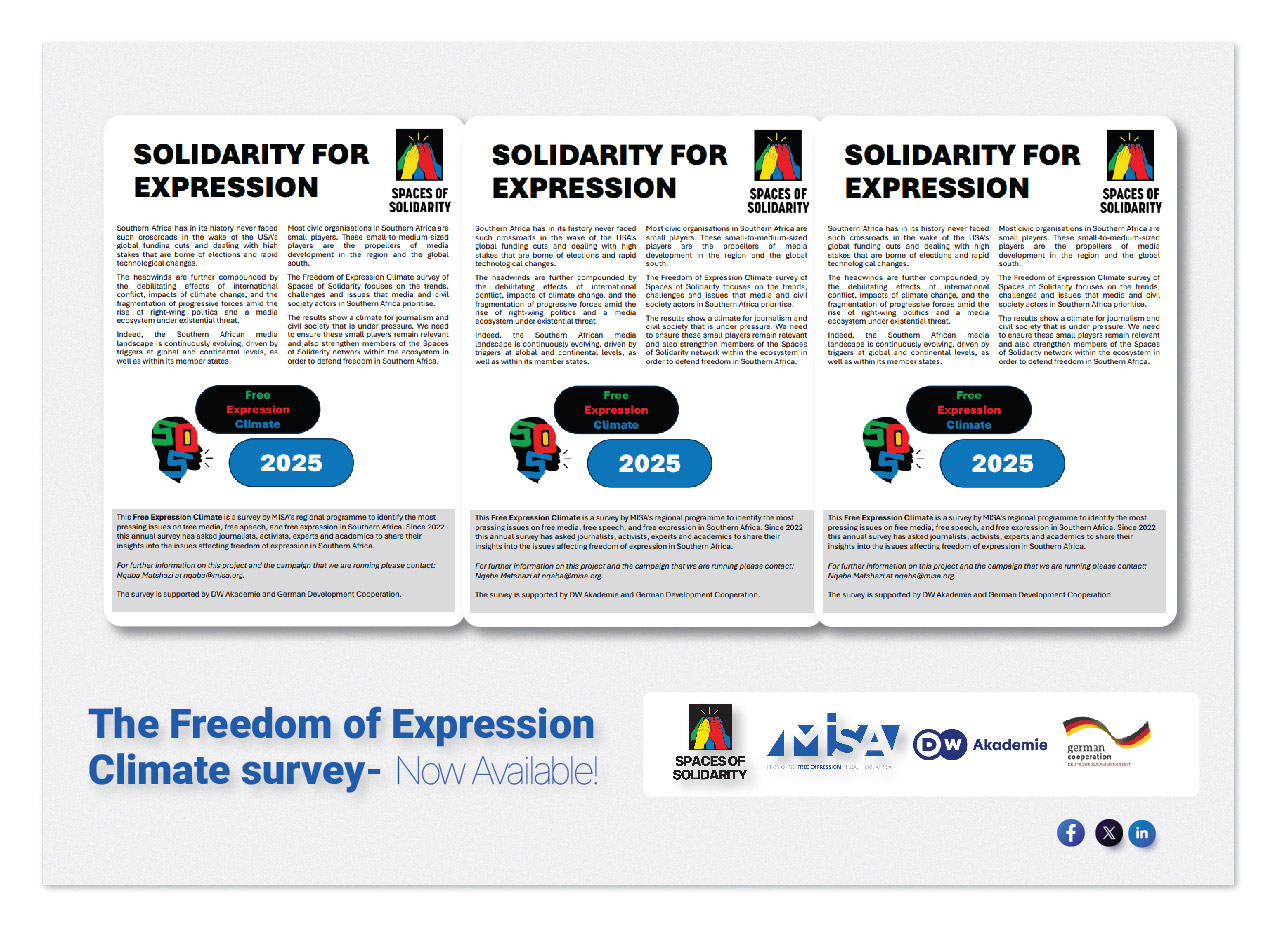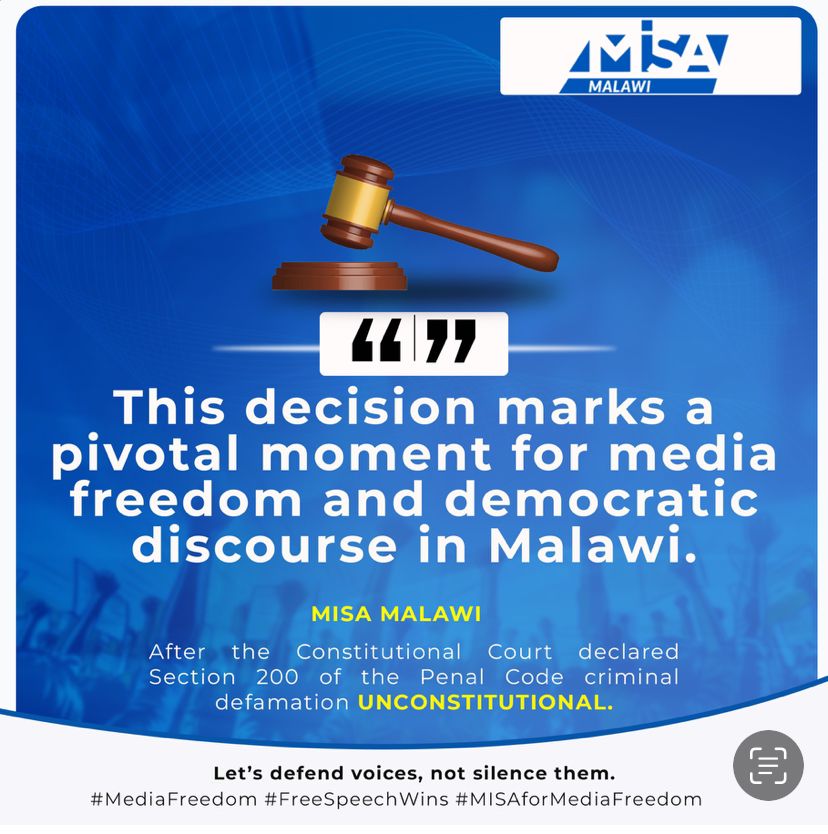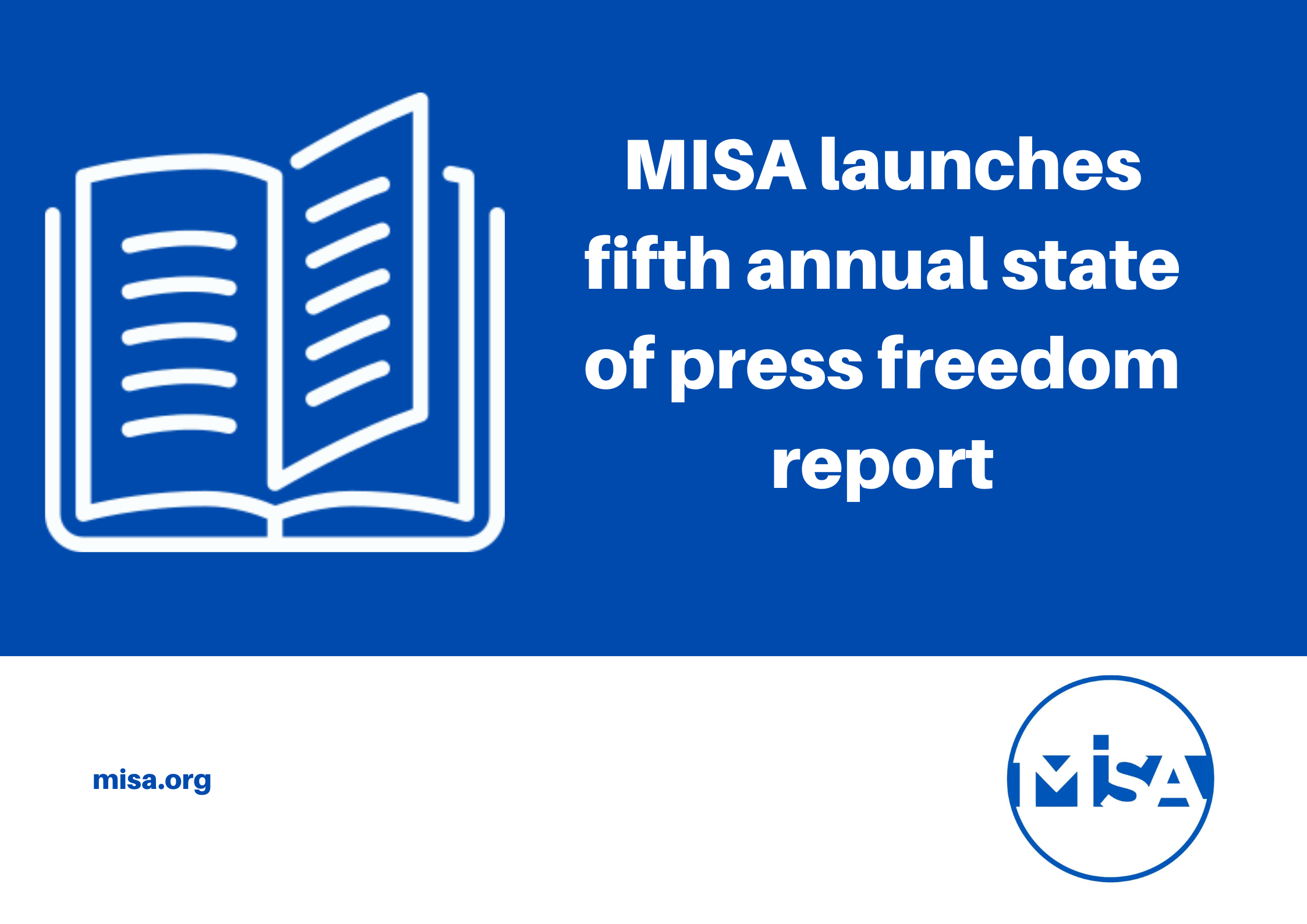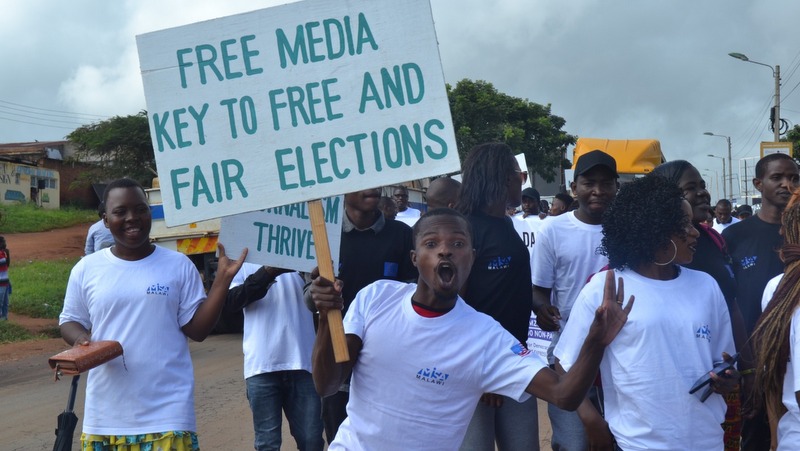Freedom of expression
The right to freedom of expression is a fundamental human right outlined in international law. However, most societies agree there are types of expression that are not acceptable and which conflict with other human rights, such as hate speech. For this reason, governments use laws to curb freedom of expression when it conflicts with other human rights, such as the protection of the rights or reputations of others, national security, public order, public health and morals.
Unfortunately, governments, private institutions and individuals around the world can abuse such limitations, using legislation and the judicial system to unjustly control expression and quash opposing views.
This is the case in Malawi, which has a number of colonial and post-colonial laws that limit media and freedom of expression and have been, and continue to be, employed by government to suppress dissent in the country. As a result of these laws, media outlets and individuals often refrain from publishing certain information because of fears of prosecution.
The laws encouraging self-censorship include Section 181 of the Penal Code, which is always abused to limit and suppress critical views, the Official Secrets Act (1913), the Printed Publications Act (1947), the Censorship and Control of Entertainments Act (1968) as well as the Protected Flags, Emblems and Names Act.
The existence of these laws remains a threat to free speech and media freedom in Malawi. MISA Malawi therefore advocates for the repeal of these laws as one way of promoting media freedom and freedom of expression.
As part of this process, we are also lobbying Malawi’s government to sign the Declaration of Table Mountain, which calls for the abolition of insult laws.
Freedom of expression news
Ensuring safety for women journalists in the Digital Age
The past few years have seen a significant rise in the use and adoption of artificial intelligence (AI). For journalists, generative AI is a double-edged sword, as it is both an efficient enhancement technology and accentuates online abuse and technology-facilitated...
The Freedom of Expression Climate survey 2025- Now Available!
Southern Africa has in its history never faced such crossroads in the wake of the USA’s global funding cuts and dealing with high stakes that are borne of elections and rapid technological changes. The headwinds are further compounded by the debilitating effects of...
MISA Malawi celebrates decriminalisation of defamation
MISA Malawi celebrates a landmark victory for freedom of expression with the High Court of Malawi (sitting as a Constitutional Court) declaring section 200 of the Malawi Penal Code, which criminalized defamation, unconstitutional. The court’s decision stems from the...
MISA launches fifth annual state of press freedom report
MISA Regional officially launched the fifth edition of the State of Press Freedom in Southern Africa report on 8 May 2025, a key evidence-based advocacy tool for improving the safety of journalists in the region. The 2025 report was launched at the belated...
MISA Malawi calls for safety of journalists, free speech, responsible AI during elections
As we commemorate World Press Freedom Day (WPFD) today, MISA Malawi calls on political parties and all electoral stakeholders to ensure that journalists are free and safe to effectively report on the September 16 general election. The global theme for the WPFD 2025 is...








